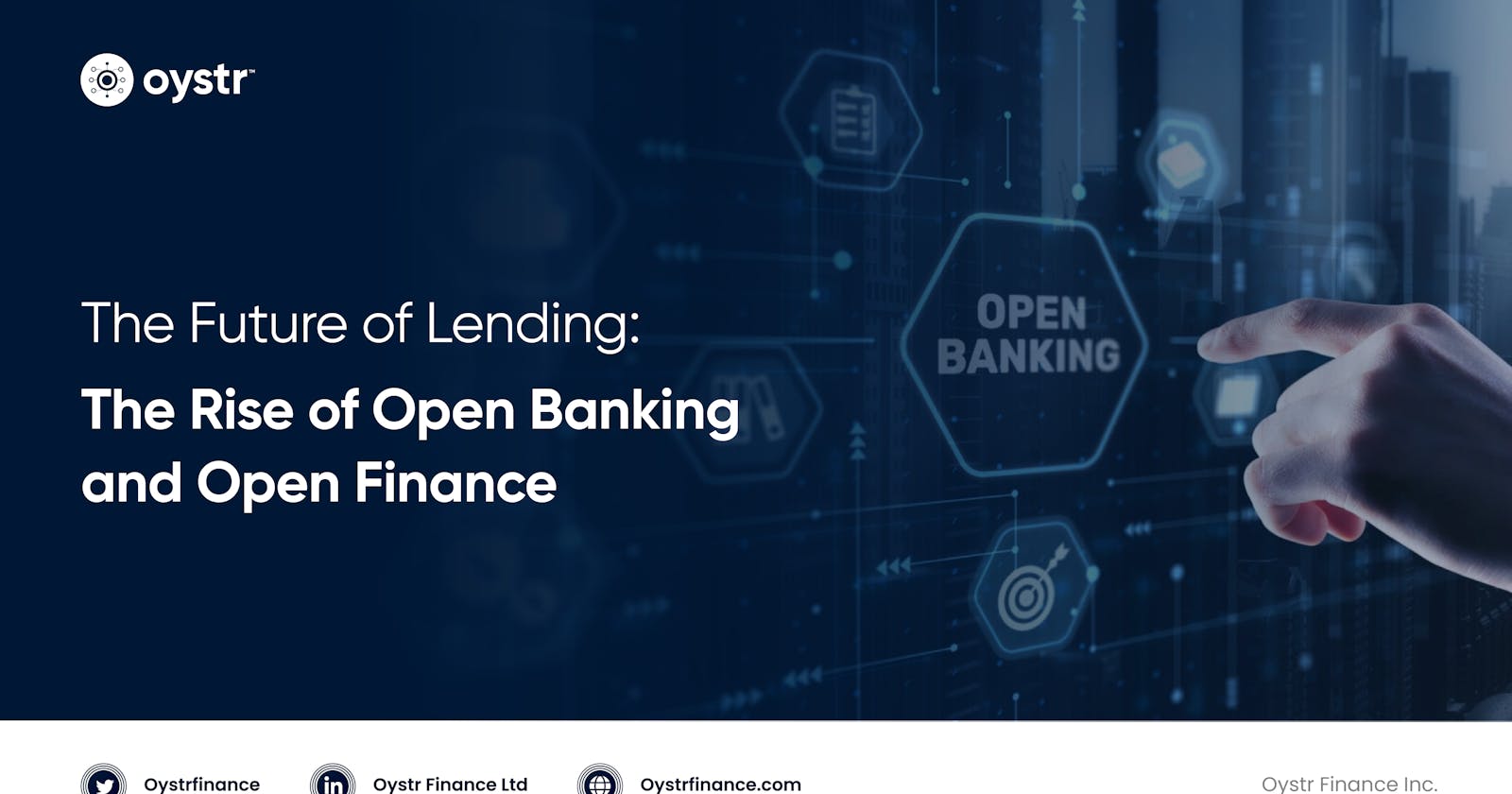The financial industry has undergone a remarkable transformation in recent years with the emergence of open banking and open finance. These innovative concepts reshape how individuals and businesses interact with financial services and institutions. Open banking refers to securely sharing financial data with user consent between banks and third-party providers. In contrast, open finance encompasses a broader ecosystem beyond banking, including various financial services and products.
Let’s explore how open banking and open finance are revolutionizing the financial industry and the potential benefits they bring.

What is Open Banking and Open Finance?
Open banking and open finance are two related concepts transforming the financial industry. Open banking involves sharing financial data between different financial institutions, allowing customers to access their financial information and services from various providers. Open finance takes this a step further by including other financial products and services beyond traditional banking, such as insurance and investments. Both open banking and open finance use APIs (application programming interfaces) to securely share data between different systems and providers.
The Role of APIs in Open Banking and Open Finance
APIs, or application programming interfaces, are crucial in open banking and finance. APIs allow financial institutions and service providers to connect and share data securely and efficiently. This enables consumers to access a wider range of financial products and services from different providers, all through a single platform or app. APIs allow financial institutions to collaborate and innovate more easily, creating new products and services that suit customers' needs. As open banking and open finance continue to evolve, APIs will remain a key technology driving innovation and growth in the financial industry.

The Future of Open Banking and Open Finance
The future of open banking and open finance is bright, with many exciting developments. As more financial institutions and service providers adopt these technologies, consumers will have seamless access to a wider range of products and services.
Open banking and open finance offer numerous benefits to both consumers and financial institutions. For consumers, these technologies provide greater access to financial services and products and more control over their financial data. They also promote competition among financial institutions, leading to better products and services at lower costs.
For financial institutions, open banking and open finance can help improve customer loyalty and retention, as well as new revenue streams through partnerships and collaborations with other providers. Overall, these technologies are revolutionizing the financial industry and paving the way for a more open and interconnected financial ecosystem.
Here are some of the benefits Open Banking brings to the finance Industry:
Enhanced Customer Experience
Open banking and open finance empower customers by providing them with more control over their financial data. Traditionally, individuals had limited options when it came to managing their finances, often relying solely on their primary bank. With open banking, customers can securely share their financial information with authorized third-party providers. This enhanced customer experience fosters competition among financial institutions, leading to improved products, personalized recommendations, and tailored solutions that cater to individual needs.
Innovative Financial Products and Services
The advent of open banking and open finance has paved the way for innovative financial products and services. Through secure data sharing, fintech companies and developers can leverage the wealth of information available to create new applications, tools, and platforms. These offerings range from budgeting apps and investment platforms to loan marketplaces and payment solutions. The integration of financial data from multiple sources allows for a holistic view of an individual's financial situation, enabling the development of more sophisticated and personalized offerings.

Fostering Collaboration and Partnership
Open banking and open finance encourage collaboration and partnership between financial institutions and fintech companies. By sharing data and working together, traditional banks and fintech startups can leverage each other's strengths to deliver better customer service. Banks can tap into the innovation and agility of fintech firms, while fintech companies can benefit from the established infrastructure and customer base of banks. This collaborative approach creates a win-win situation, fostering innovation and driving the development of new solutions that meet customers' evolving needs.
Empowering Financial Inclusion
One of the most significant benefits of open banking and open finance is their potential to empower financial inclusion. Leveraging technology and data, these concepts give individuals and businesses easier access to financial services, particularly those previously underserved or excluded from the traditional banking system. Open banking allows for more accurate credit assessments, making it easier for individuals with limited credit histories to access loans and other financial products. Furthermore, the availability of alternative financial services through open finance enables people in underserved regions to participate in the digital economy and manage their finances more effectively.
Strengthening Security and Privacy
As the financial industry embraces open banking and open finance, ensuring the security and privacy of customer data is of utmost importance. Consequently, stringent regulations, such as the General Data Protection Regulation (GDPR) in Europe and similar initiatives worldwide, have been implemented to protect user information. Financial institutions and fintech providers are required to adhere to strict data protection protocols and obtain explicit user consent for data sharing. Technological advancements like blockchain and secure data encryption bolster security measures, assuring customers that their data remains safe.
Conclusion
Open banking and open finance are revolutionizing the financial industry, offering unprecedented opportunities for customers, financial institutions, and fintech companies. With the continued growth of open banking and open finance, we can expect further advancements, shaping a more inclusive, customer-centric, and innovative financial landscape. Oyster Finance offers the essential identity and financial data API to help African financial institutions make informed decisions and improve their lending services. Visit www.oystrfinance.com to get started today!

